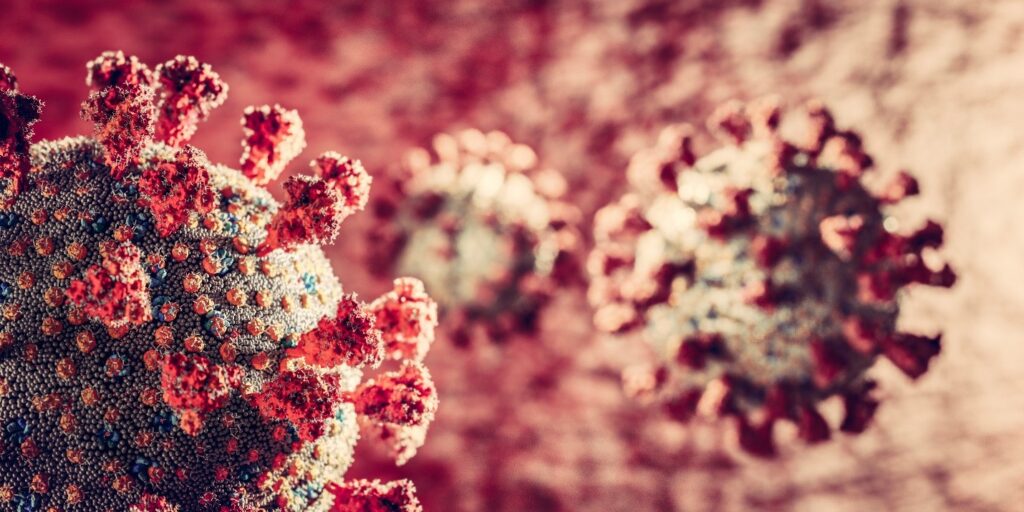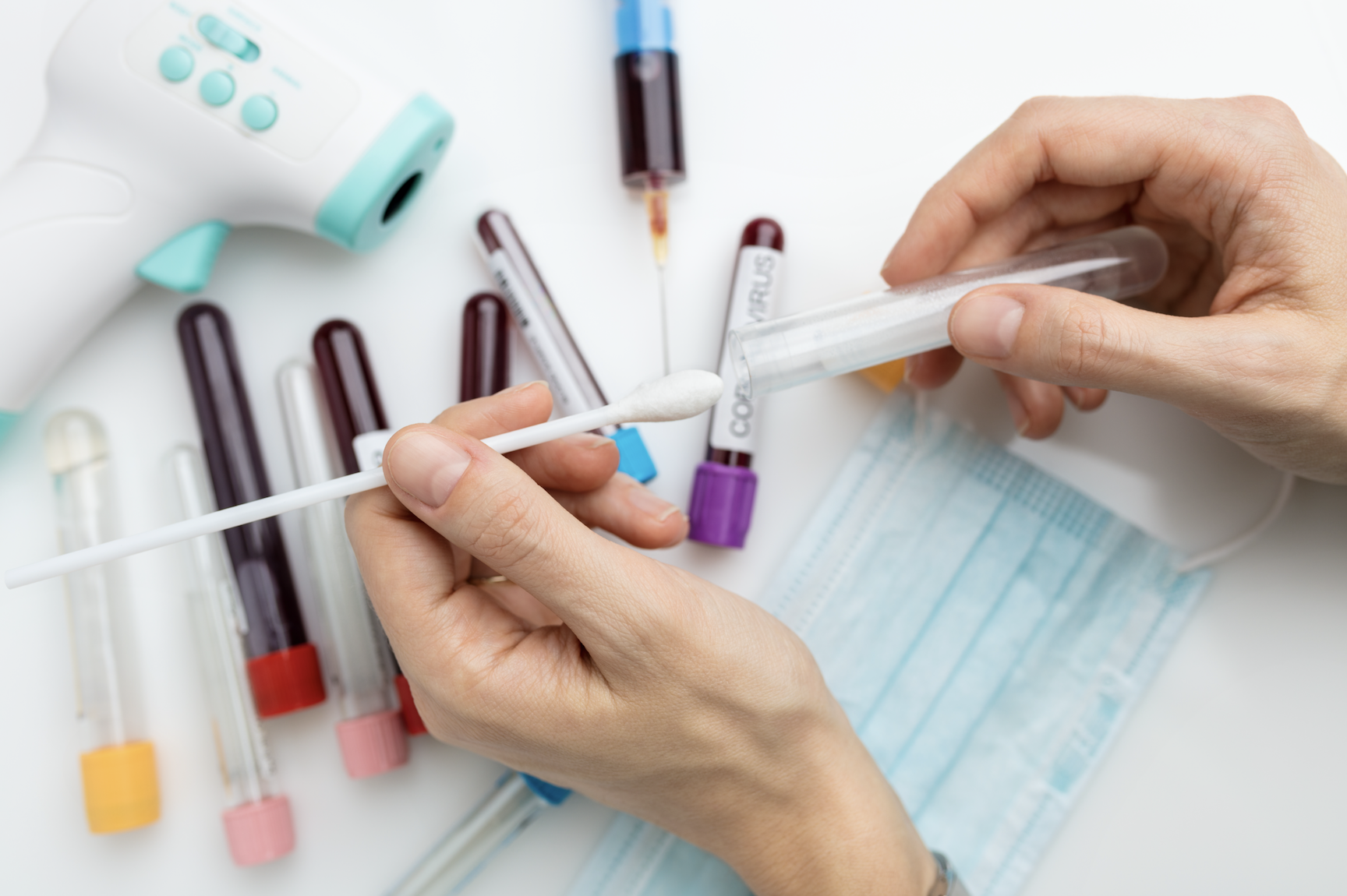Albany Molecular Research Inc (AMRI), a global provider of advanced drug development and manufacturing solutions, announced that they have signed a supply agreement with AstraZeneca. The company has signed on to help manufacture AstraZeneca’s COVID-19 vaccine candidate, AZD1222, intended to protect against the SARS-CoV-2 novel coronavirus.
AZD1222 is now in Phase III clinical trials which will enroll approximately 30,000 adult volunteers in 80 states in the US, to determine whether the vaccine can help prevent symptomatic coronavirus disease from spreading.
“AMRI is proud to partner with AstraZeneca in pursuit of a vaccine that could protect people against the coronavirus pandemic,” said John Ratliff, CEO of AMRI, in a statement. “Our experience in drug product fill/finish will enable timely manufacturing to make the vaccine available as soon as possible to advance bringing life-changing medicines to market.”
AstraZeneca, a UK-based global pharmaceutical company, is leading the COVID-19 trial as a regulatory sponsor. The funding for the trial is being supported by the National Institute of Allergy and Infectious Diseases (NIAID) and the Biomedical Advanced Research and Development Authority (BARDA). On May 21, 2020, AstraZeneca announced that they received more than $1 billion from BARDA for the development, production and delivery of the COVID-19 vaccine that they are developing in cooperation with the University of Oxford.
“Safe and effective vaccines will be essential to meet the global need for widespread protection against COVID-19,” said director of NIAID Dr. Anthony S. Fauci, in a statement. “Positive results from preclinical research led by the National Institute of Allergy and Infectious Diseases (NIH) scientists supported the rapid development of this vaccine candidate, which has also showed promise in early-stage clinical trials.”
The vaccine uses a replication-deficient chimpanzee viral vector based on a weakened version of a common cold virus that causes infections in chimpanzees. The genetic material contains SARS-CoV-2 spike protein.
The Phase 3 trial is being implemented as part of Operation Warp Speed. This is a multi-agency collaboration led by the US Department of Health and Human Services (HHS). They aim to accelerate the development, manufacturing and distribution of medical countermeasures, which include vaccines, therapeutics and diagnostics for COVID-19 by January 2021.
NIH has discussed the importance of a harmonized process to generate data for multiple investigational vaccines in parallel to assess the relative effectiveness of each. NIH’s director, Dr. Francis S. Collins said in a statement that, “NIH is committed to supporting several Phase III vaccine trials to increase the odds that one or more will be effective in preventing COVID-19 and put us on the road to recovery from this devastating pandemic.”
According to the statement, “After an initial screening, participants will receive two injections of either the investigational vaccine or a saline placebo approximately four weeks apart. One person will receive a placebo injection for every two people who receive AZD1222, which will result in approximately 20,000 people receiving the investigational vaccine and 10,000 people receiving a placebo.”
The preliminary trial is designed to determine if AZD1222 can prevent symptomatic COVID-19 after two doses and participants will be closely monitored for safety and reactogenicity that can occur after vaccination. Furthermore, participants will be followed for two years after their second vaccination by providing blood and nasopharyngeal samples at their initial visit and will be asked to provide blood samples periodically for the duration of the trial.










Join or login to leave a comment
JOIN LOGIN